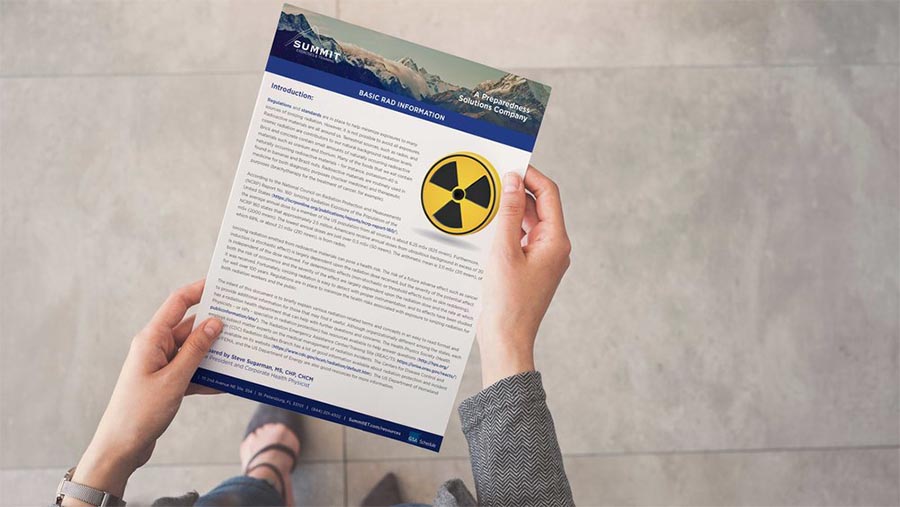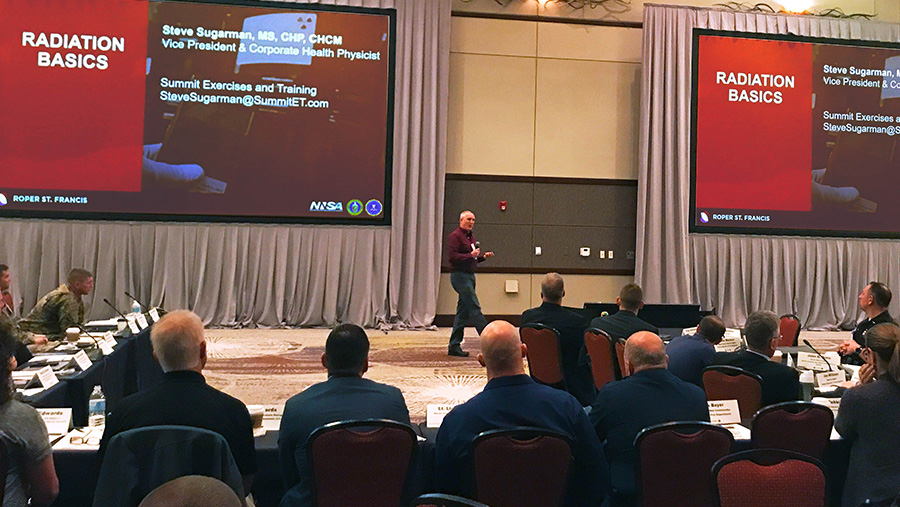Steve Sugarman, CHP
Vice President | Corporate Health Physicist | Senior SME, Health Physics
Years of Experience
in Health Physics
Countries I Provided Training
or Technical Lectures
Year Joined
SummitET
Why I work at SummitET
SummitET is a top-notch organization, and I believe in the mission and enjoy the people. It also affords me the opportunity to make a difference by participating in the development and delivery of exercises, training, and other engagements that will hopefully have a positive impact on responders and other affected people by helping them better understand radiation and its potential effects.
My work/research will make a difference in the world because…
I’ve had the opportunity to be involved in numerous real-world radiation emergencies. There are many challenges associated with radiological events such being able to make an early and accurate determination of the magnitude of the radiation doses to affected people in order to help guide the emergency response. I’ve been fortunate to be involved in the development of tools to do that and hope to continue to do so. However, the biggest challenge I’ve faced is the effective communication of radiation-related information. Having been asked to speak on the subject for multiple domestic and international organizations, I think I can make a difference in helping others learn to effectively communicate radiation-related information, thus having a positive impact on the overall response to incidents involving radioactive materials.
Something you may not know about me
In addition to being a former adjunct faculty member at the DeBusk College of Osteopathic Medicine at Lincoln Memorial University, I have provided on-site educational lectures, invited talks, and other radiation emergency response related services in over 25 countries. I have also been a primary author or coauthor of over 15 peer-reviewed papers/chapters, to include international guidance documents for the International Atomic Energy Agency (IAEA).
What do you perceive is the greatest challenge facing America today regarding your subject-matter-expertise?
I think that communications is an aspect of radiation emergency response that is sometimes overlooked, yet is extremely important – particularly communicating technical information to the general public and those police, fire, EMS, and medical personnel responding to a radiological event. There are many positive things that are possible because of radiation, yet it still has a stigma – or negative connotation – attached to it. Many radiation protection professionals may be excellent at the technical aspects of their jobs, but few are good at talking about it in an understandable way. I think I can make a difference in helping others learn to effectively communicate radiation-related information, thus having a positive impact on overall radiation emergency response.
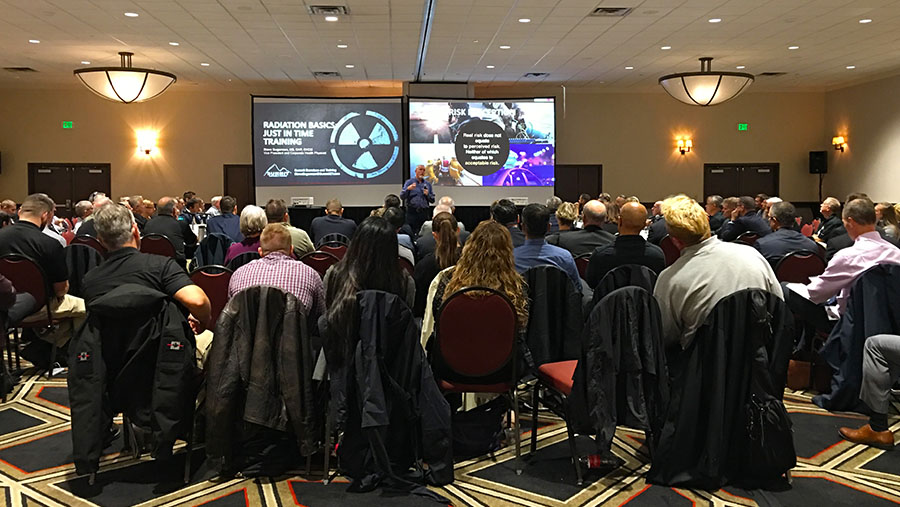
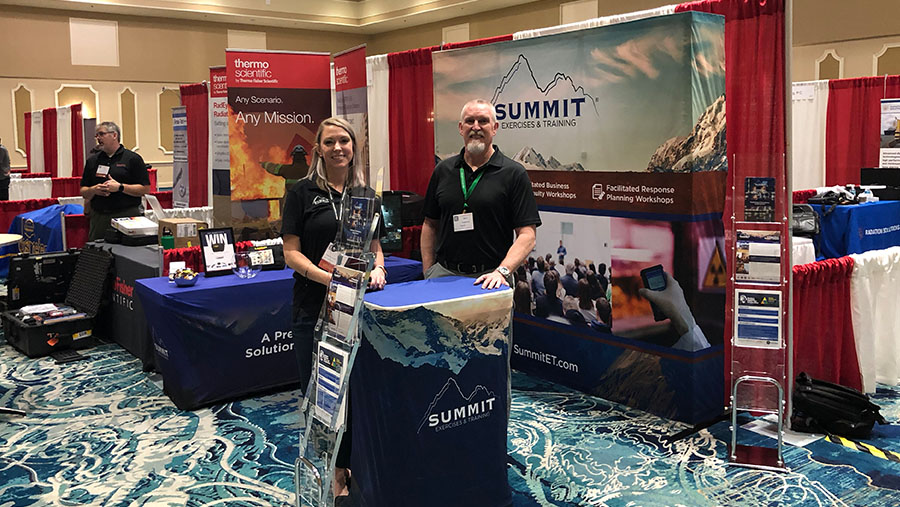
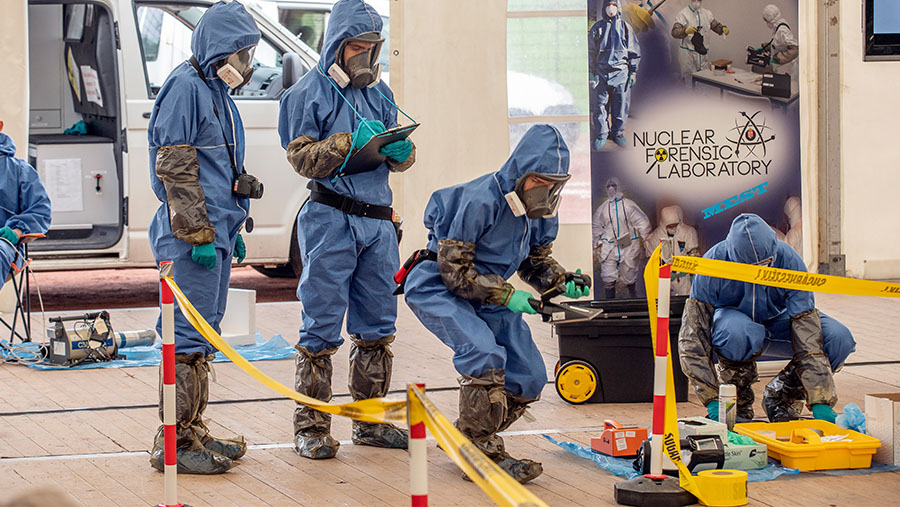
Education
UNIVERSITY OF TENNESSEE
M.S. Safety Education and Service, 1997
TUSCULUM UNIVERSITY
B.S. Organizational Management, 1992
Certifications
Affiliations
-
Served as clinical adjunct faculty member at the Lincoln Memorial University Debusk College of Osteopathic Medicine
-
Contributor to various international and domestic radiation-based guidance documents
-
Multiple peer-reviewed publications related to dose assessment, emergency response, and radiation protection
-
Peer Reviewer – Health Physics
-
Previous Health Physics Project Manager at the Radiation Emergency Assistance Center/Training Site (REAC/TS)
Contributions
About Steve
Steve is a certified health physicist (CHP) and brings more than 30 years of applied health physics experience to SummitET. Steve’s primary interest is the integration of health physics into the overall response to radiological incidents. In addition to his vice president responsibilities, his role includes serving as the corporate radiological subject matter expert and providing health physics input/oversight for SummitET projects.
Steve supports the outreach agenda via educational course delivery, exercise development/facilitation, invited lectures, and conference/meeting attendance. Having served as a lecturer for many organizations including the International Atomic Energy Agency, the World Health Organization, the U.S. Department of Energy, the Centers for Disease Control and Prevention, the Health Physics Society, and the National Radiological Emergency Preparedness Conference, Steve has contributed to numerous publications and guidance documents on various health physics topics and has significant real-world experience in responding to radiological events, both domestically and internationally.



